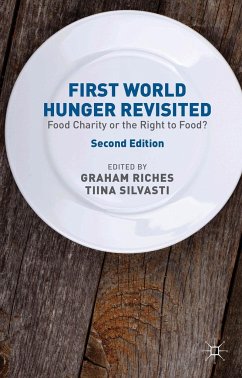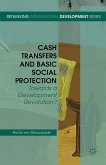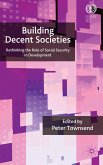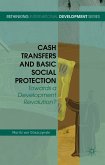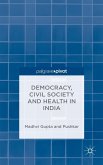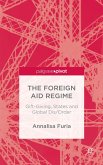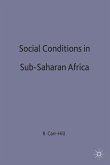Is food aid the way of the future? What are the prospects for integrated public policies informed by the right to food? First World Hunger Revisited investigates the rise of food charity and corporately sponsored food banks as effective and sustainable responses to increasing hunger and food poverty in twelve rich 'food-secure' societies.
'The West continues to offer its food systems, consumption patterns and choice culture as the one and only righteous route to progress. This book reminds us the West has a major problem of food inequalities. We need to take a deep breath, look at the evidence and reconsider where food policies are and are not taking us'. - Tim Lang, City University London, UK
'This comprehensive, powerfully challenging book demonstrates that the basic right to food is denied in rich countries where the needs of bankers and the wealthy are prioritised under the guise of austerity over the hunger of millions of ordinary people. No wonder the UN Special Rapporteur on the Right to Food has cause to visit them.' - Gary Craig, Durham University, UK
'The clue to ending hunger in rich societies begins in these pages, where we'll experience outrage and yet develop the conviction to forge ahead and actualize the right to food. This is required reading for all of us who are working to make a safer, healthier and food secure world'. - Mariana Chilton, Witnesses to Hunger, Drexel University School of Public Health, USA
'This book's sharp point is captured in its subtitle: Food Charity or the Right to Food? Agencies that treat hunger as a call for charity tend to undermine people's human right to adequate food. It is important to reassert the point that all people have the right to be free from hunger'. - George Kent, University of Hawai'I, USA
'It's a tragedy that this classic book needed an update. But if hunger is to be ended, it cannot be done through ignorance. This book contains the information and analysis needed to show both that hunger is global and that in its contours and history, ultimately, its defeat depends on very local forces.' - Raj Patel, author of Stuffed and Starved
'This comprehensive, powerfully challenging book demonstrates that the basic right to food is denied in rich countries where the needs of bankers and the wealthy are prioritised under the guise of austerity over the hunger of millions of ordinary people. No wonder the UN Special Rapporteur on the Right to Food has cause to visit them.' - Gary Craig, Durham University, UK
'The clue to ending hunger in rich societies begins in these pages, where we'll experience outrage and yet develop the conviction to forge ahead and actualize the right to food. This is required reading for all of us who are working to make a safer, healthier and food secure world'. - Mariana Chilton, Witnesses to Hunger, Drexel University School of Public Health, USA
'This book's sharp point is captured in its subtitle: Food Charity or the Right to Food? Agencies that treat hunger as a call for charity tend to undermine people's human right to adequate food. It is important to reassert the point that all people have the right to be free from hunger'. - George Kent, University of Hawai'I, USA
'It's a tragedy that this classic book needed an update. But if hunger is to be ended, it cannot be done through ignorance. This book contains the information and analysis needed to show both that hunger is global and that in its contours and history, ultimately, its defeat depends on very local forces.' - Raj Patel, author of Stuffed and Starved

